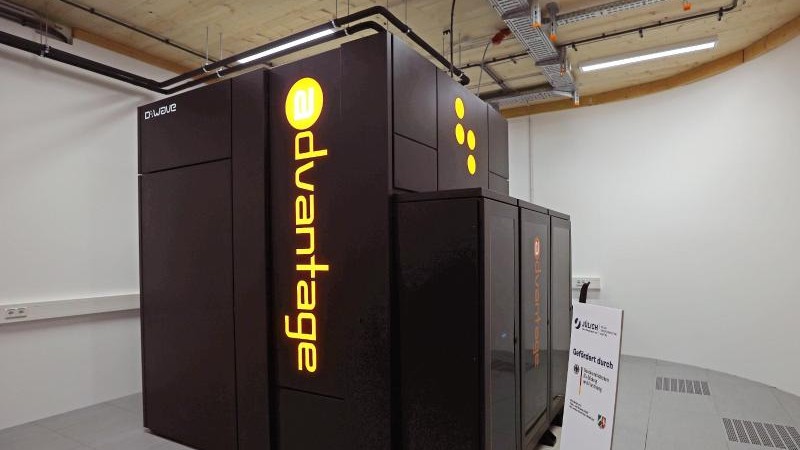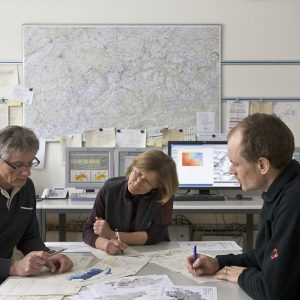JULICH (dpa) – A new and powerful quantum computer for research purposes went into operation at the Jülich Research Center on Monday. The system developed in Canada will be part of Jülich’s existing quantum computing infrastructure.
Thus, scientists from all over Europe have access to a machine complex with computers of different levels of technological maturity.
Federal Research Minister Birgitte Stark Watzinger (FDP) spoke of a quantum leap. “Quantum technologies can provide a great leap forward,” the minister said. As areas of application, she has named climate research model computations, error-resistant communications, real-time traffic flow planning, the development of new medical agents or the analysis of complex operations in financial markets. The minister also said that Germany and Europe should catch up with quantum computing.
Special foundations that dampen vibrations
Since these computers needed a vibration-free site, a new building with two machine halls was built in Jülich. The halls have special foundations that absorb vibrations. Processors must also be extremely cooled. “JUNIQ” means Jülich User Infrastructure for Quantum Computing. The research center is located west of Cologne, near the Hambach lignite mine.
The research center talked about the pioneering work in developing the information technologies of tomorrow. Quantum computers work differently and are much more powerful than traditional mainframe computers. Traditional computers work with bits. A bit can have only two states: “one” and “zero” or “on” and “off”. On the other hand, quantum computers work with qubits (“quantum qubits”). A qubit can represent not just ‘one’ and ‘zero’, but theoretically an infinite number of states in between and at the same time.
The main research areas of the Research Center are energy, information and bioeconomics. 2,669 scientists currently work there. The research center is 90 percent funded by the federal government and 10 percent by the state of North Rhine-Westphalia.
© dpa-infocom, dpa: 220117-99-743723 / 2

“Certified gamer. Problem solver. Internet enthusiast. Twitter scholar. Infuriatingly humble alcohol geek. Tv guru.”





